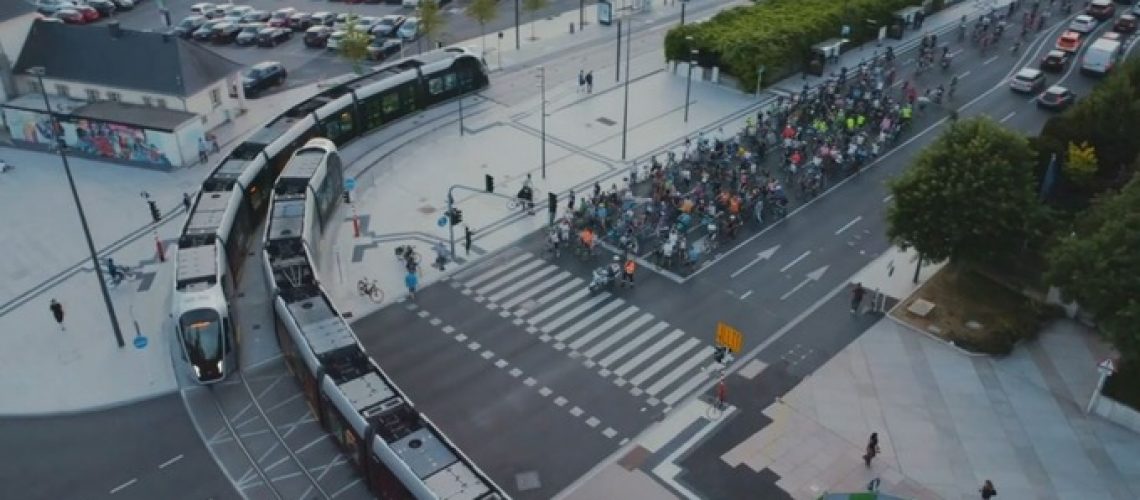Luxembourg is celebrating three years of free public transport. Since 2020, Luxembourg has made all public transport free (a system of interconnected trains, buses and trams), the first country in the world to do so. A ticket only needs to be purchased for first class train travel or for cross-border journeys into Germany, France or Belgium.
According to the World Bank’s latest 2021 data, this tiny state has a population of 0.6 million and a GDP per capita of USD133,590 per annum (compare this to France, USD43,659 and Germany, USD51,203).
Funded from tax revenues, Deputy Prime Minister, François Bausch, stated: “There is greater equity in this because those who pay little tax pay nothing or very little in this system, it’s really free. And those who pay more tax, obviously, they have a price that is perhaps a little higher.”
Free public transport is promoted as an action towards the city’s climate change targets by encouraging people to use public transport rather than cars. In December 2020, Luxembourg adopted its climate law, which introduced a climate neutrality target for 2050 and a 55% emission reduction target for 2030. However, despite Luxembourg’s free and interconnected transport network, the majority of the population still own a car.
“Since it’s free, it’s easier to make a decision quickly, to choose between public transport or a private car. This means that it is very positive for the environment and practical,” responded one happy tram customer.
Other cities in Europe are also experimenting with free public transport schemes. For example, Montpellier in southern France is expected to introduce free public transport from the end of the year, which would make it France’s largest city to give local residents a free transport pass to use across the city’s bus and tram system. Free public transport schemes target emission reductions by reducing car use, and improve transport accessibility for residents.
Link:


